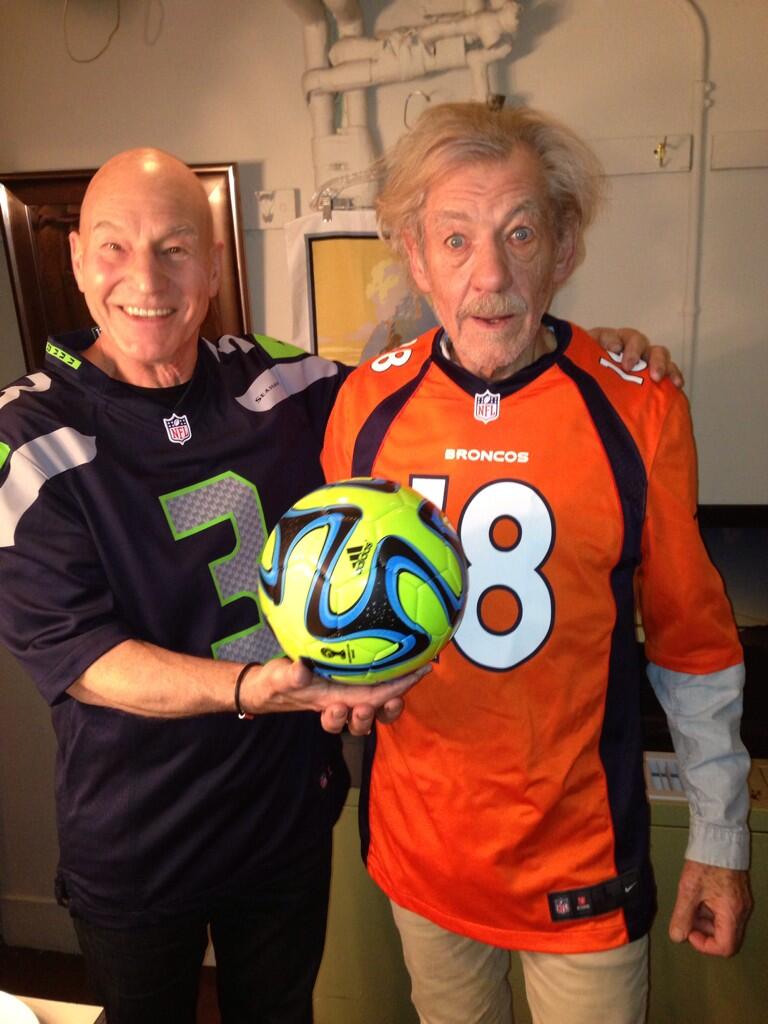Last summer I had the privilege of going through a clown workshop with Brian Foley, a clown and theater mastermind who happened to be visiting us at Synetic as a part of an MFA internship. I’d had little experience with clown, formally (if you can call anything about clown “formal.” clowning eats formality and vomits it out as flowers and haddock), and so I did not go into it expecting to perform admirably. I ended up experiencing what was to me a pretty profound failure. Not on the level of “you’re a clown, you’re supposed to fall down,” but on the level of actual, personal artistic failure. At least it felt that way in my mind at the time.
Later that year I would get to play Feste in 12th Night at Synetic, and that one workshop definitely shaped a great deal of my work going into that role. People responded very well to the show, and to the performance. Returning to a clown workshop with Happenstance Theater‘s Mark Jaster and Sabrina Mandell, I felt I had figured out some secrets of clowning, and anticipated that my failure would be clown-failure rather than personal failure. The workshop was wonderful, but I definitely failed a couple of times on a personal level…felt like I could have done better, felt left out, re-imagined my work as I was doing it…
But that’s the tough thing about clowning — it’s like any art, you have to actually fail, I think, to build anything good.
I also recently had the privilege of re-reading Jacques Lecoq’s book, “The Moving Body,” which is one of the seminal works of physical theater. It’s rare to find good writing about physical theater, in the main because the physical theater defies verbal description. However, his work is one of the best, and his school has been a central influence on physical actor training in the modern age.
The French title of the book is “Les Corps Poetique,” this indicates a finer translation of the title, one that I prefer, “The Poetic Body.”
Lecoq writes that, in his students’ early experiments with clowning, that the work started out with a focus on making each other laugh, and it inevitably failed. It was, in fact, the moment a student who was making an attempt actually gave up and sat down in frustration that laughter was elicited.
Clowning is about failure, it is the story of human frailty.
We love to watch failure, we love to sit in simultaneous judgment and empathy — why else would reality TV be so popular? Ok, perhaps this is a stretch, there is plenty of titillation in reality television, but the resounding effect of all the editing, all the music, all of the dressing people up just so they can tear themselves down, is inevitably a viewer that sits and says to his or herself: “at least I’m not like THAT.”
They say this, but I also think that deep inside they gain some comfort because the truth is that we ARE in fact like THAT…and we have found companions. Clowns just bring it out into the open and make it loud.
Perhaps the cruelty of (most) reality television is that the participants think they are signing up to be stars when in reality they are signing up to be clowns. And those that sign up knowing this are either brave or mad, much like anyone who decides to be a clown.

Choosing to be a clown is brazenly humble, because you wear your failure on your sleeve, you are vulnerable, and ultimately are laughed at…or worse…not laughed at. Crickets. Nada.
A big part of getting on the stage is, often, about ego and image issues. If you’re like me, you start out young and you’re a gawky kid who doesn’t know what to make of himself, and you step onto the stage and act out stories and people respond. As you get better they respond more, and you start to think that your success has something to do with an inner greatness that you bring to the stage, something in your voice, body, your manner or your way of thinking, is capturing people’s hearts and souls.
But try clowning, and you are defenseless. Good looks do you no good. A great voice suddenly makes you unlikable. Doing work that shows how special you are only makes you a terrible clown.
And so you fail, and in doing so you start to understand what might help you succeed.
A piece of paper falls onto the floor, and the fool is too fat to bend over to pick it up. As he reaches harder and harder, he pushes himself, unknowingly, into a split, and has retrieved the paper! He only does extraordinary things unwittingly, out of the blue — if a clown walks onstage with a clear intent to do something extraordinary, he must instead, at the moment of performance, do something mundane. Or back off in fear. Or just plain fail.
If a clown walks onstage with a clear intent to do something mundane, then extraordinary things happen. He must fail his way to miracles.
Makes you think, doesn’t it? If Lecoq saw clowning as the crowning educational moment for his actors (it is the final chapter in his book, and the last phase of his students’ sequence), what is it that we must carry with us into all acting?
It is not only the greatness of humanity that an actor must carry with her to the stage. She needs the failure of humanity, so that the audience member may watch and whisper in their heart “that is me, that is my story.”


